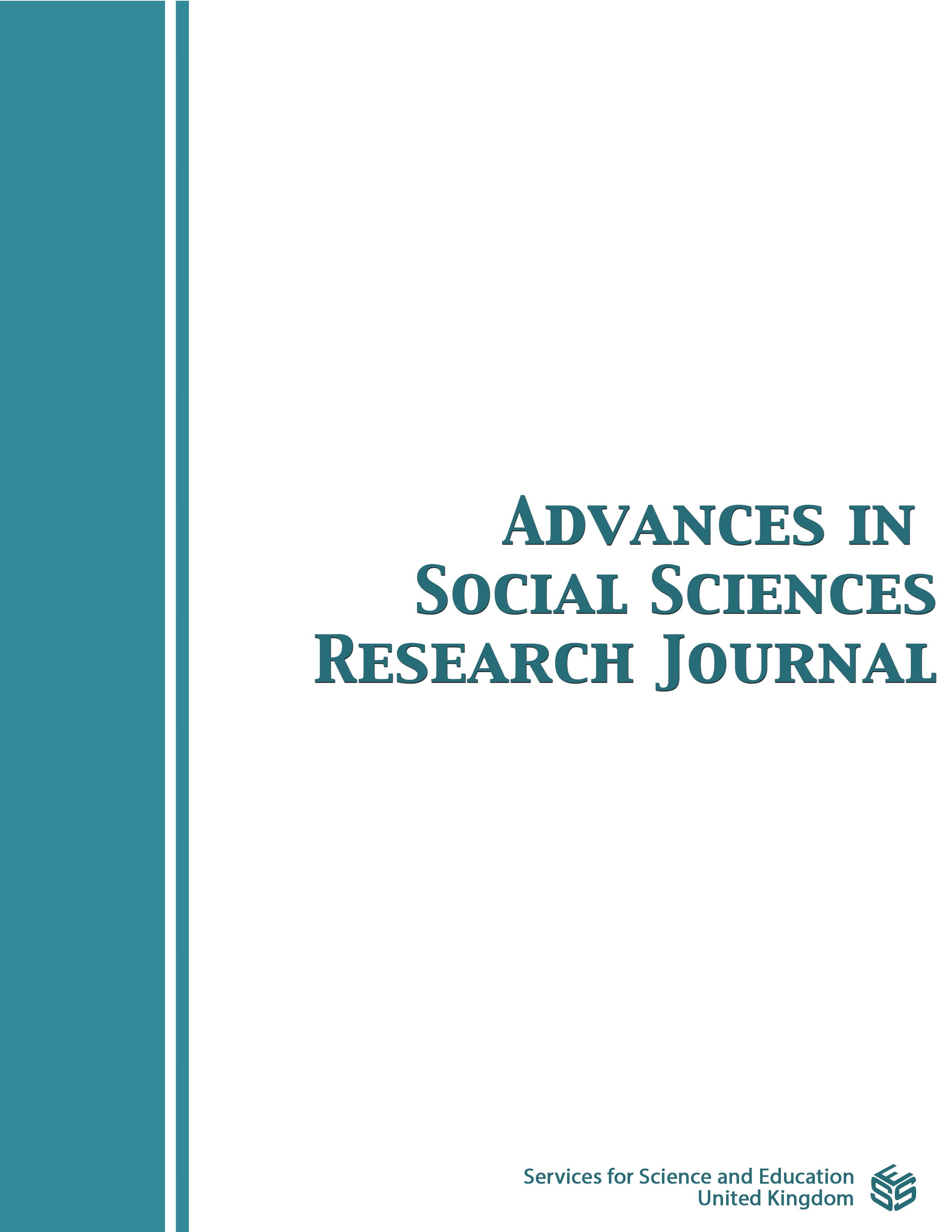A Brief Report Monitoring the Different Emotional States As-sociated with the First and the Fourth Dose of the An-ti-SARS-Cov-2 Vaccine in an Italian Sample of Fragile Patients Aged Over 60 Years
DOI:
https://doi.org/10.14738/assrj.912.13586Keywords:
Anti-SARS-CoV-2 vaccine , booster dose (IV), patients aged over 60 years, emotional statesAbstract
Since the beginning of the COVID-19 pandemic, many researchers have been interested in studying attitudes and behaviors in relation to vaccination, highlighting, through data, the so-called “vaccination hesitancy” (VH) phenomenon. Our aim was to investigate emotional states associated with the fourth dose of the anti-COVID-19 vaccine in individuals from the over 60-year-old and fragile patient category and to compare them with data that were previously recorded when the first vaccine doses were administered. The online questionnaire was created ad hoc and includes different sections: socio-personal data and the State-Trait Anxiety Inventory (STAI-Y) were used to detect the level of the state of anxiety, understood as a feeling of insecurity and helplessness in the face of perceived damage that can lead to worry or to flight and avoidance. The total sample consisted of 57 participants (61.4% M; mean age 67.23; SD= 6.73). Differences in emotional states in relation to vaccination emerged between Group I and Group IV in which the former were more worried and indecisive, while the latter, although nervous, felt more comfortable. Overall, trust in science appears to be a key determinant of vaccination intention. Additional strategies promoting healthy behavior are needed.
Downloads
Published
How to Cite
Issue
Section
License
Copyright (c) 2022 Giuseppina Moccia, Francesco De Caro, Giulia Savarese, Anna De Chiara, Claudio Giordano, Matilde Perillo, Domenico Fornino, Mario Capunzo, Luna Carpinelli

This work is licensed under a Creative Commons Attribution 4.0 International License.
Authors wishing to include figures, tables, or text passages that have already been published elsewhere are required to obtain permission from the copyright owner(s) for both the print and online format and to include evidence that such permission has been granted when submitting their papers. Any material received without such evidence will be assumed to originate from the authors.






